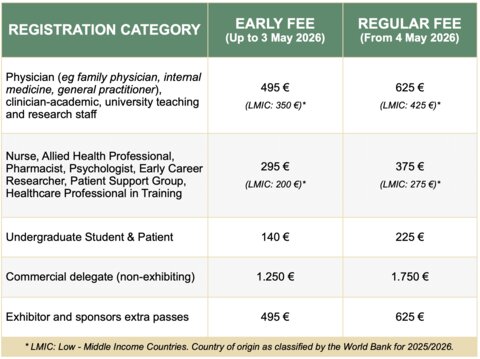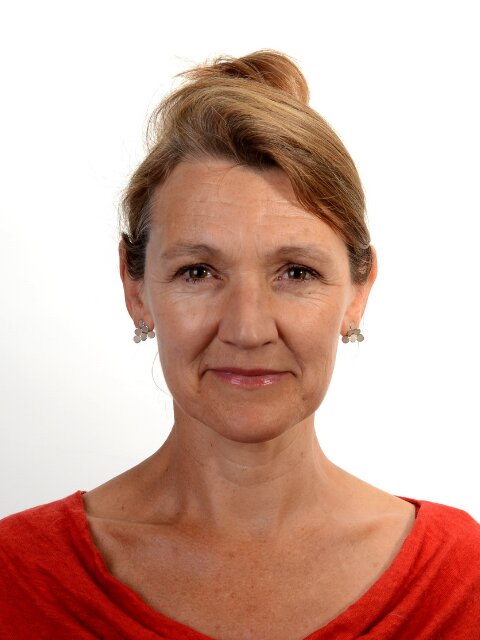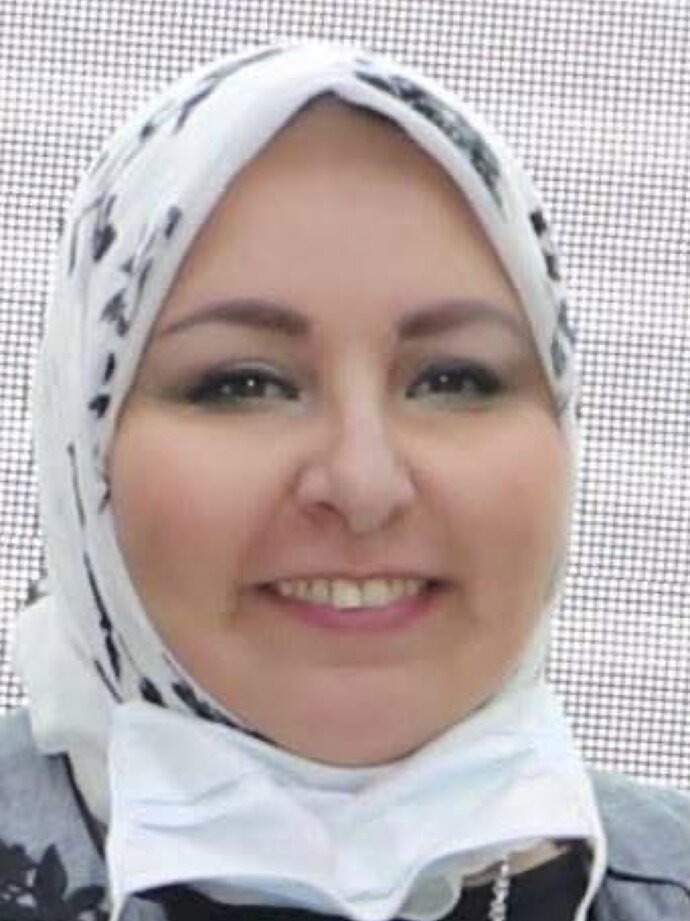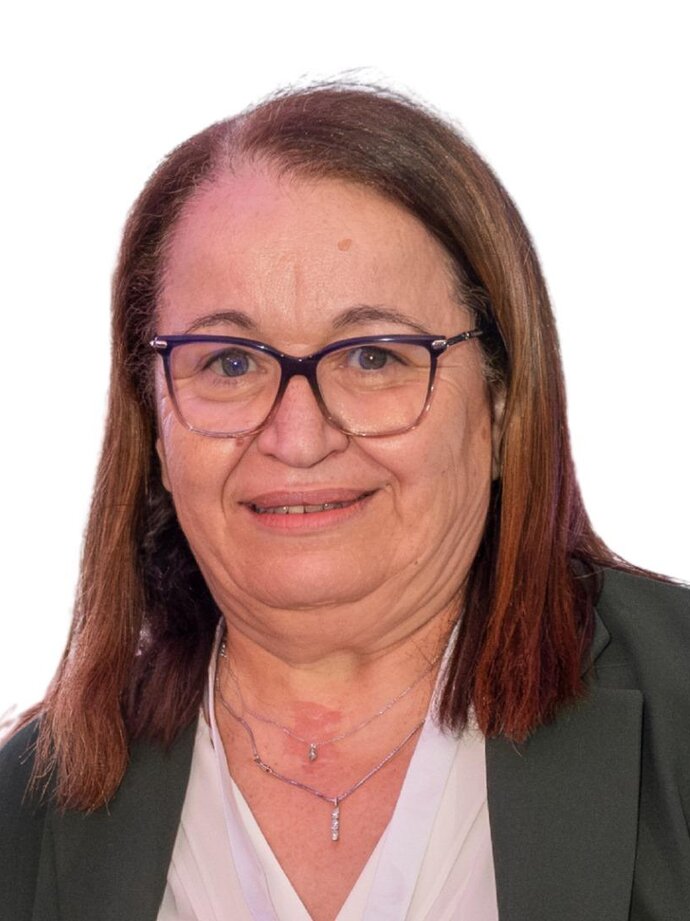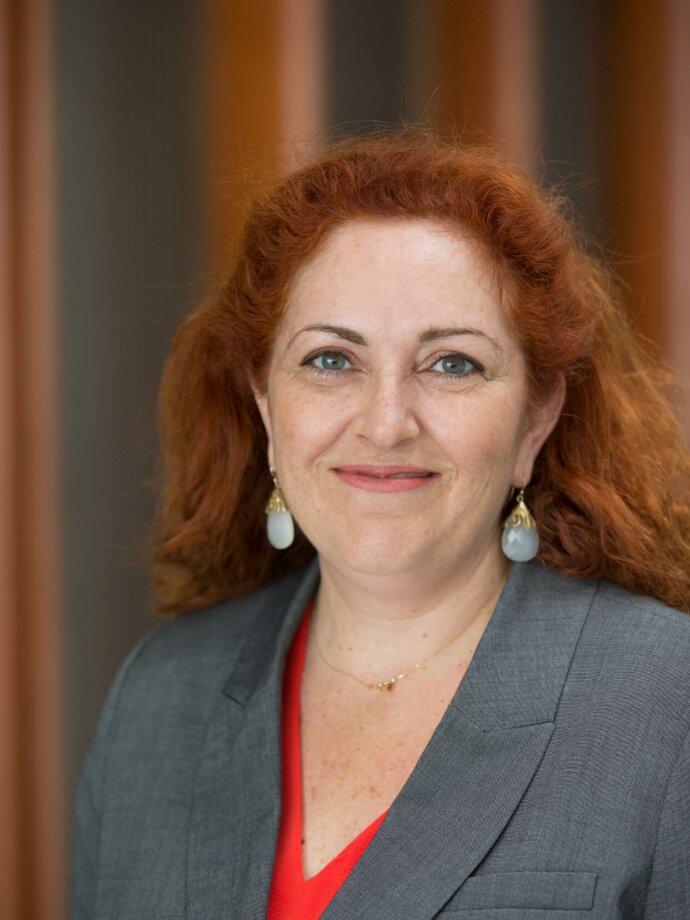13th IPCRG World Conference and 1st North African Interdisciplinary Respiratory Forum
We are pleased to announce that registration and abstract submission for the 13th IPCRG World Conference and 1st North African Interdisciplinary Respiratory Forum is now open! Please share this exciting news among your network and visit the conference website to register, submit an abstract and view the draft scientific programme of research and education symposia and workshops.
Key links: Registration | Abstract Submission | Scientific Programme
Add the event to your calendar using these links: Apple | Google | Outlook | Outlook.com | Yahoo
Key deadlines: 22 February 2026 (abstract submission), 3 May 2026 (early registration discount)
Welcome
Join us in Tunis, Tunisia on 11-14 June 2026 for the 13th IPCRG World Conference and 1st North African Interdisciplinary Respiratory Forum. This conference coincides with the 25th anniversary of IPCRG's founding, so we hope you will join us to celebrate at what is set to be a memorable conference. Our Scientific Programme Committee includes familiar IPCRG faces as well as experts from the North Africa region, and we have consulted with our network on what workshops you are most keen to see, because we want this to be our most interactive conference yet. Registration and abstract submission are now open on our conference website. Click here to read a welcome message from our conference chair.
Our 13th IPCRG World Conference and 1st North African Interdisciplinary Respiratory Forum aims to:
- Share knowledge and experience from around the world about how to deliver good quality care, including in family medicine, primary care centres and outpatient clinic settings
- Share, discuss and review respiratory research conducted in these settings; sometimes called “real life research” and including implementation research
- Build a sustainable network of people with a shared interest in IPCRG’s vision of a global population breathing and feeling well through universal access to right care
The meeting will provide researchers, innovators, educators and leaders in primary care the opportunity to present their research for peer review, test out new ideas for real life research, and foster high-quality exchange about what support primary care needs to improve performance, build capacity and strengthen global research networks. The conference is a great opportunity to meet leaders in primary care, make new contacts and spend valuable time in an open and friendly atmosphere with other people passionate about primary respiratory care.
This conference also coincides with the 25th anniversary of IPCRG's founding, so we hope you will join us to celebrate at what is set to be a memorable conference. Several founders will join us including Professors David Price and Thys van der Molen. David will deliver a keynote speech alongside WHO CRD Medical Officer Sarah Rylance and Thys will be guiding activities for early career researchers.
Tunisia is an accessible country with lower requirements for visas than many other countries, with an easy e-visa application system for those who need one. We encourage you to research this in advance when planning your attendance.
What do we mean by primary respiratory care?
How primary care is defined varies considerably globally, but as the only global primary care respiratory group, that represents primary care on the WHO-convened network GARD, our view is that it includes these functions, whoever typically provides them:
- First contact respiratory care
- Diagnosis of common CRDs such as COPD, asthma and rhinitis
- Management of common CRDs and common symptoms such as cough and breathlessness over time
- Referral to appropriate specialists and continued management following discharge
- Leadership of these services in the community and neighbourhoods including public protection eg awareness raising and protection from environmental harms
- Teaching and capacity building of the local system to improve the quality of care
- Under-graduate and post-graduate clinical teaching in the diagnosis and long term management of CRDs including prevention and management of respiratory infections, tobacco dependence
- Quality assurance
- Real life research in community settings including general practice, walk in emergency departments, community clinics, at home
Programme
Reflecting the conference's theme of listening deeply, as well as offering a unique opportunity for researchers, the meeting has a strong educational focus. This includes enhancing our understanding of patients needs as well as including valuable updates on key primary care issues. The international Scientific Programme Committee is chaired by Prof Habib Ghedira and IPCRG CEO Siân Williams and includes representatives from the other local countries of Algeria, Egypt and Morocco. It has developed a varied programme enabling you to select from skills-based workshops, plenary sessions, oral abstract sessions, creative enquiry presentations and conversation cafés on topics including planetary and respiratory health, asthma, COPD, breathlessness, mental health, cough, motivational communication, building an interdisciplinary team, and leadership. The current programme overview (subject to change with preliminary timings) can be accessed online here.
Registration
Click here to register and for more information. We aim to keep rates as low as possible, particularly for local delegates (Algeria, Libya, Mauritania, Morocco and Tunisia) and delegates from Low & Middle Income Countries (LMIC).
Abstract deadlines
- Opening date for abstract submissions: Early October 2025 (now open)
- Abstract submission closing date: 22 February 2026. This is the regular deadline for abstract submissions.
- Late breaking abstract deadline: 19 April 2026. This is only for new data and is limited to 10 abstracts. For these submissions a fee of €50 is charged, which has to paid before the abstract is accepted.
- Résumés de conférence en langue française: 19 avril 2026. Cette date limite de soumission des résumés en français pour une session de posters et une session de discussion.
- Early submissions deadline: 14 December 2025. A decision will be notified by 23 December 2025. This early deadline is to help those in need of longer timelines e.g. for visa applications.
Who can submit an abstract?
Our audience is academics, clinicians and patient representatives. The IPCRG welcomes abstracts from academics and all members of the multi-professional team, including patients and patient representatives, so long as it is relevant to this global respiratory community. Topics should be related to the prevention, diagnosis, management and palliation of communicable and non-communicable respiratory diseases, and respiratory risk factors in family medicine, primary care centres, outpatient clinics and other settings where diagnosis and prescription is carried out. Abstracts are a maximum of 300 words and may include one figure or table.
For 2026 we are particularly encouraging abstracts which include real world evidence and good practice examples, and those addressing our conference theme of listening deeply. Following a very successful first session at our 8th Scientific Meeting in Brașov, Romania, we are also accepting abstracts for Creative Enquiry Presentations, which express lived experience through creative or artistic media to help think creatively. This can be proposed in all 3 abstract categories. Simply tick the ‘creative communications’ box if you wish to present in this format. Examples of this sort of presentation can be found here.
Specifically for Tunis, we are encouraging abstracts on environmental issues such as dust, heat, air pollution, tobacco use and vaping prevention and cessation, planetary health, health equity, adolescent health and the use of social media and AI for health information. This aligns with IPCRG’s partnership in the FRESHAIR4Life project funded by Horizon Europe and UKRI, and compliments our own strategic objectives. The full abstracts guide on the conference website will provide more detailed guidance and information.
Abstract categories
Clinical Research Results
- Your abstract may be a summary of the findings of exploratory, effectiveness or implementation research that addresses a clinical question and uses a research method. You must include data and the work must be relevant to a primary care audience with an interest in respiratory health. Bear in mind that IPCRG campaigns for patient care to be evidence-based, using evidence from real life, and includes populations representative of primary care populations.
- The questions from our Research Prioritisation exercise provide a useful guide to what would be of most interest to our audience.
- Use the IMRaD format (meta-analyses may require a different format), including an Introduction, Method, Results and Discussion.
Research Ideas
- The Research Ideas category is for proposals for research that has been carefully planned but is yet to be conducted. This can include protocols for approved research, which may already be underway.
- The abstract should include the research question, background, methodology and questions to discuss.
- IPCRG actively encourages practitioners to submit an abstract, being aware that there are few academic centres of primary respiratory care. We would be delighted to receive abstracts describing a research question and a methodology that can then benefit from peer discussion and challenge to increase research capability in primary care respiratory research.
- The questions from our Research Prioritisation exercise are a good starting point for your research ideas, and ideas can include air quality, tobacco use and dependence, physical activity, breathlessness, cough, asthma, COPD, multi-morbidity including chronic respiratory disease, respiratory infections including TB, RSV and post-COVID syndrome.
Service Development & Evaluation
- Service Development & Evaluation abstracts should evaluate an intervention to create and/or improve a service or interventions that benefit respiratory health, including educational interventions and quality improvement programmes. This can include surveys.
- It should include the aim, outline of context, a brief description of the change and why you thought it would work, your strategy for change, impact and lessons learned.
Guide to abstract submission
Word Count & Format: There is a maximum of 300 words allowed for the body of the abstract.
Figures and tables: You may include one image or table to illustrate the work further. Please ensure that you have permission to use any images that you display in your abstract submission; otherwise, you may be liable for copyright infringement and associated charges. Images can be in any format and up to 5MB in size. Any patient-identifiable images must have the patient’s written permission for display. Note on adding tables and images: Tables and Diagrams can be uploaded added and added as supporting files and not to the abstract’s body text. Tables or Diagrams should be uploaded as jpg. or png. files and clearly labelled e.g. 1) Tables: Table 1 – Table title 2) Diagrams: Figure 1 - Figure Title.
Abstracts should be written in full sentences in English: A correct sentence structure and grammar must be used and please check your spelling. Abstracts must be written in plain English. If this is your second language, please have your abstract proofread by a colleague with good written English skills. (Il en va de même en français pour les résumés en langue française)
Review process and outcome: All abstracts will be peer-reviewed and authors submitting by the main deadline of 22 February 2026 will be notified of the outcome by 16 March 2026.
If you wish for your abstract to be reviewed early to help with your visa, funding or travel arrangements please submit by 14 December 2025. The outcome will be notified by 23 December 2025. Abstracts submitted on 19 April 2026 will be notified of the outcome by 28 April 2026.
All abstracts with author permission will also be added to IPCRG online resources and IPCRG will disseminate these to its network.
Papers from the region
This conference will be our first in the North Africa region. To help understand the issues in the region and the research work being undertaken, we are bringing together relevant papers in a new collection. There are also many papers published in French and Arabic, however, rather than being a comprehensive list of the local literature, this collection provides an insight into the research that is most relevant to our international audience of people responsible for the diagnosis and management of chronic respiratory disease. To view this collection, click here.
Accreditation
As with previous conferences, we will be applying for accreditation from the European Accreditation Council for Continuing Medical Education (EACCME®) who awarded our last World Conference in Athens with 10.5 European CME credits (ECMEC®s) and the European Board for Accreditation in Pneumonology (EBAP), who awarded the last World Conference with 12 CME credits.
In addition, for Tunis we will be applying for accreditation from the Conseil National de l’Ordre des Médecins (CNOM), via EACCME and from INEAS – The (Tunisian) National Authority for Assessment and Accreditation in Healthcare.
In all cases you should claim only those hours of credit actually spent in the educational activity.

